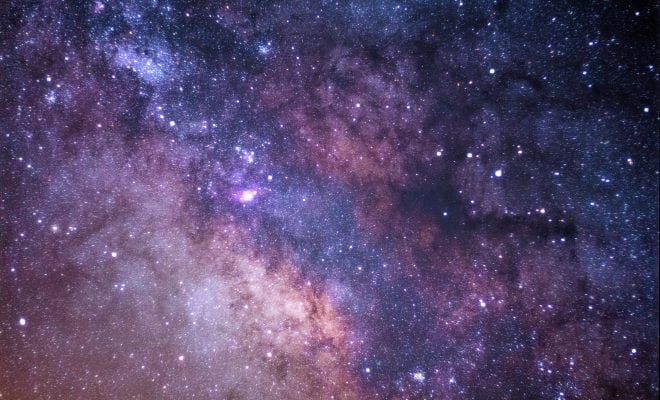
News
The Death of the Universe
If you haven’t heard already, the universe is big. Like, really big. To put it into perspective, just to get to the nearest galaxy, it would take 2.54 million years, and that’s if you’re traveling at the speed of light. That, coupled with the fact that there are mostly likely over 200 billion galaxies in the known universe, it quickly becomes a dizzying thing to think about.
But check this out, science dictates that the universe is expanding at an increased rate. The matter in the universe that we see, comprising of us, planets, stars, and celestial bodies only make up less than 5% of the universe. The other 95%? Well, scientists say that 25% of it comprises of dark matter and the remaining 68% comprises of dark energy, a mysterious force that is causing the universe to expand.
Knowing this, it has posed the question of just how the universe will end. While this will occur so unimaginably far into the future, it is still an interesting concept to contemplate. There are three top theories as to how the universe will come to an end, so let’s check them out.
The Big Crunch
While dark energy is causing the rapid expansion of the universe, The Big Crunch theory follows the idea that this expansion will eventually stop altogether. After trillions of years, the various celestial bodies of the universe would collide with each other, creating a place in the entire universe where everything would exist in a very small space. In such close proximities, the universe would become a very hot place, eventually morphing into a giant fireball, burning until the universe itself would collapse into a single singularity.
The Big Rip
This proposed theory is essentially the exact opposite of The Big Crunch. In The Big Rip, dark energy would continue to cause the universe to expand at an exponential rate, so rapidly that it would eventually overcome gravity. The universe would begin to pull apart at the seams, with dark energy becoming so strong it would literally shred the very components of everything, including space itself. At this point, the universe would simply be a massive void, with single atoms floating around, eventually dissolving into nothing.
Heat Death
This theory is the most probable when it comes to the end of our universe. In this scenario, dark energy propels the expansion of the universe, pushing all matter extremely far from each other. As space expands, the universe would become a very cold, dark, and desolate place. After an inconceivable amount of time, no new stars, planets, or celestial bodies would be able to form, due to the massive amount of space between everything. After a period of time, all life would die, and the stars would burn their final light, leaving only black holes in the universe. But even black holes will eventually decay, leaving behind a very dark and empty universe.
While all of these possibilities are quite depressing to think about, we can all take solace in the fact that this is so far in time, we have plenty of time as a species to develop, survive, learn, and adapt to a dynamic and exciting future.





0 comments